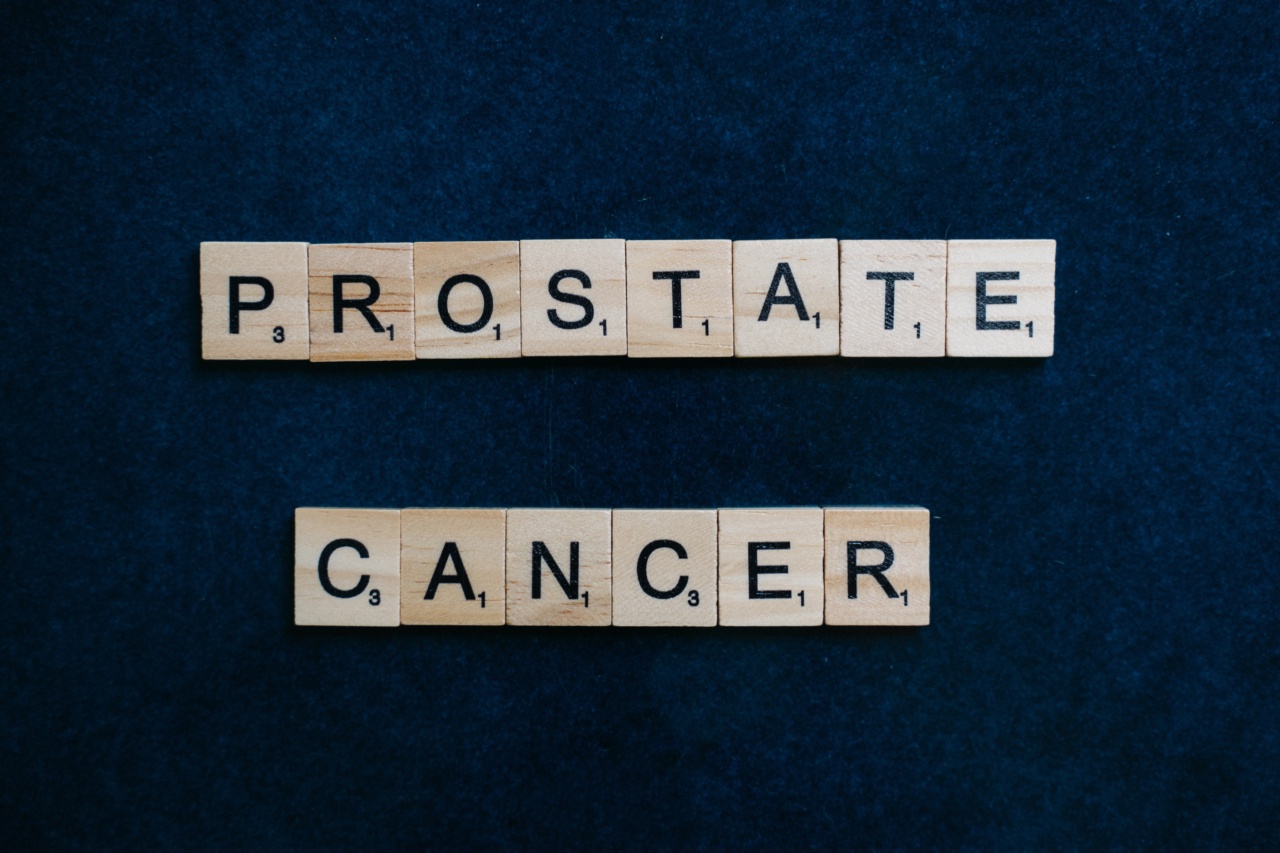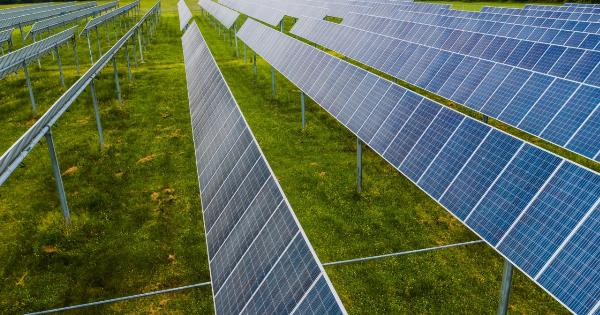Prostate cancer is one of the most prevalent forms of cancer in men, with millions of cases diagnosed worldwide each year.
As researchers continue to explore potential risk factors and preventive measures, a growing body of evidence suggests that ejaculation frequency may play a role in prostate cancer development. This article delves into the relationship between ejaculation frequency and prostate cancer risk, highlighting the findings from various studies and shedding light on the potential mechanisms behind this connection.
The Link Between Ejaculation Frequency and Prostate Cancer
Several studies have investigated the association between ejaculation frequency and prostate cancer risk.
One landmark study published in the Journal of the American Medical Association found that frequent ejaculation, specifically 21 or more ejaculations per month, was associated with a lower risk of prostate cancer in middle-aged men compared to those with a lower frequency. This significant finding sparked further research into the potential protective effects of ejaculation against prostate cancer.
Another study published in the European Urology journal analyzed data from over 30,000 men and found that men who ejaculated at least 13 times per month had a 33% lower risk of developing prostate cancer compared to those who ejaculated less than 4–7 times per month. These findings, along with others, suggest that there might indeed be a correlation between ejaculation frequency and prostate cancer risk.
Potential Mechanisms Behind the Connection
While the exact mechanisms underlying the link between ejaculation frequency and prostate cancer risk are not fully understood, several theories have been proposed by researchers.
1. Hormonal Regulation
One theory suggests that ejaculation frequency could affect hormonal regulation in the body.
Regular ejaculation may help lower the levels of sex hormones, such as testosterone, which are believed to contribute to the development and progression of prostate cancer. By reducing the concentration of these hormones, the risk of prostate cancer may also decrease.
2. Elimination of Carcinogens
Ejaculation is the body’s natural mechanism to eliminate seminal fluid, which may contain carcinogens or other potentially harmful substances.
Frequent ejaculation could help flush out such substances from the prostate gland, reducing the overall risk of cellular damage and the subsequent development of cancer.
3. Decreased Prostate Inflammation
Inflammation within the prostate has been linked to prostate cancer development. Some studies suggest that regular ejaculation may help reduce inflammation within the gland, thus lowering the risk of prostate cancer.
Ejaculation acts as a natural cleansing process, and frequent ejaculations may contribute to maintaining a healthy prostate environment.
4. Improved Immune Function
Regular sexual activity, which includes ejaculation, has been associated with a strengthened immune system.
This enhanced immune function may help the body better recognize and eliminate cancer cells or prevent the development of abnormal cells, reducing the risk of prostate cancer.
Conclusion
The available evidence suggests a potential inverse association between ejaculation frequency and prostate cancer risk.
However, it is important to note that more research is needed to fully understand the underlying mechanisms and establish a definitive cause-and-effect relationship. It is also vital to consider that ejaculation frequency alone cannot be relied upon as the sole predictor of prostate cancer risk.
Other factors, such as age, family history, and lifestyle choices, also significantly contribute to an individual’s susceptibility to developing prostate cancer.
Nevertheless, practicing a healthy and active sex life that includes regular ejaculation may be beneficial for prostate health.
It is always advisable for individuals to consult with their healthcare providers for personalized advice regarding prostate cancer risk assessment and preventive measures.






























